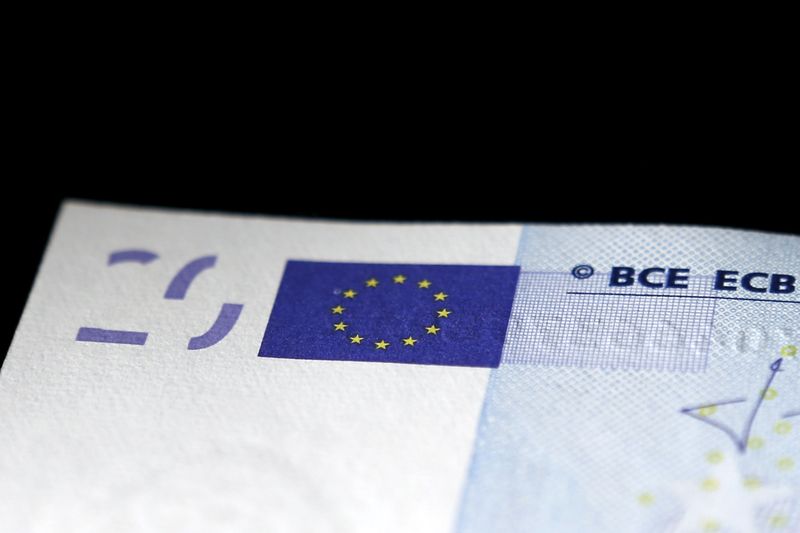* ECB officials considering varied stimulus options
* Euro falls to 7-1/2-month low vs USD
* Dollar index scales 8-1/2 month peaks
By Ian Chua
SYDNEY, Nov 26 (Reuters) - The euro remained shaky early on Thursday, having slid to its lowest in over seven months on the prospect of further policy stimulus from the European Central Bank (ECB).
ECB officials told Reuters they are considering options such as whether to stagger charges on banks hoarding cash or to buy more debt, ahead of next week's policy review.
While the ECB declined to comment, the market impact was swift. German 2-year government bonds rallied DE2YT=RR , sending yields to a fresh all-time low of negative 0.4 percent.
The common currency skidded as far as $1.0565 EUR= , reaching a low not seen since mid-April. It last traded at $1.0619. Against the yen, it touched a seven-month low of 129.77 EURJPY=R before edging back to 130.30.
Traders expect a more subdued session on Thursday with U.S. markets shut for the Thanksgiving Day holiday.
Renewed weakness in the common currency helped the dollar index .DXY scale an 8-1/2-month peak of 100.170. The index stood at 99.783 in early Asian dealings. The greenback was little changed on the yen at 122.70 JPY= .
"The proximate cause has been a Reuters report suggesting that the ECB is looking at a tiered system for the negative deposit rates to be charged to banks posting excess cash at the central bank," said Ray Attrill, global co-head of FX strategy at National Australia Bank.
"This is interpreted as implying that the headline Deposit Rate could be cut beyond minus 0.3 percent (from minus 0.2 percent currently)."
The ECB is hoping that penalty rates will encourage banks to lend and help support economic growth.
Commodity currencies managed to hold their ground against the greenback, though the Australian dollar has stepped back to $0.7253 from a one-month high $0.7283.
Traders will be keeping an eye on Australia's capital expenditure data due at 0030 GMT for further guidance. At the heart of the report will be the estimate for 2015/16 spending intentions, where a stronger-than-expected outcome would likely provide some support for the Aussie.
(Editing by Jonathan Oatis)
